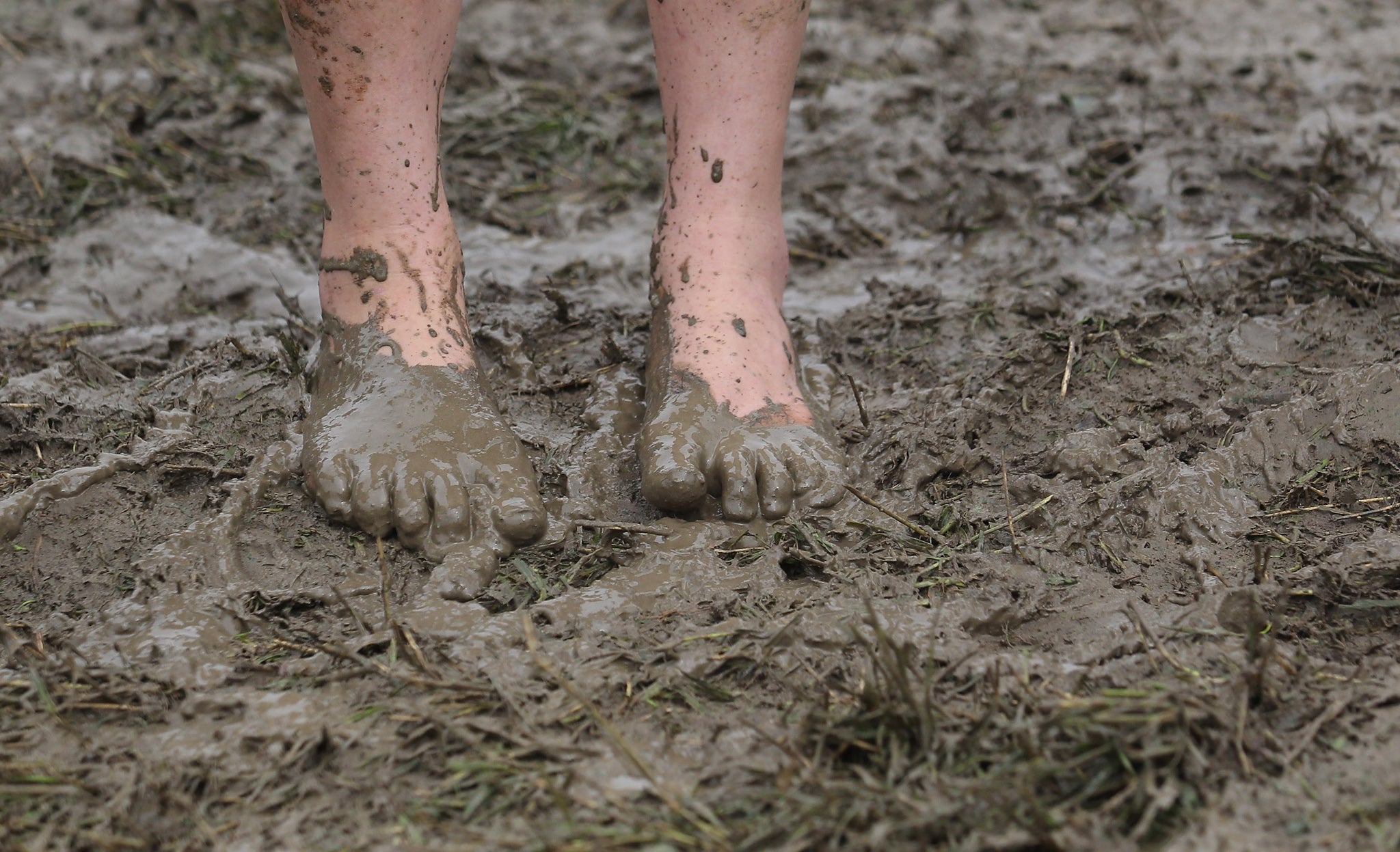Glastonbury 2015: Medics prepare for cases of trench foot
Going to Glasto? Stock up on socks and talcum powder

Your support helps us to tell the story
From reproductive rights to climate change to Big Tech, The Independent is on the ground when the story is developing. Whether it's investigating the financials of Elon Musk's pro-Trump PAC or producing our latest documentary, 'The A Word', which shines a light on the American women fighting for reproductive rights, we know how important it is to parse out the facts from the messaging.
At such a critical moment in US history, we need reporters on the ground. Your donation allows us to keep sending journalists to speak to both sides of the story.
The Independent is trusted by Americans across the entire political spectrum. And unlike many other quality news outlets, we choose not to lock Americans out of our reporting and analysis with paywalls. We believe quality journalism should be available to everyone, paid for by those who can afford it.
Your support makes all the difference.Trench foot isn’t only an affliction suffered by soldiers in the trenches; modern festival-goers who trudge for days in waterlogged shoes are also at risk and Glastonbury medics have issued advice on how to avoid the fungal infection which at its worst can lead to amputation.
Caused by prolonged exposure of the feet to damp, unsanitary and cold conditions, trench foot leaves feet numb and swollen with open sores and gangrene. And with 135,000 ticket-holders currently taking up residence at Worthy Farm, Somerset and the weather forecast predicting at least one day of rain, services are braced to treat early cases.
“When it rains we see trench foot, diarrhoea and knee and ankle injuries,” Martin Taylor, Glastonbury’s chief pharmacist, told The Times. He advises festival-goers to keep their feet dry, take off their wellies and socks when they get wet and make sure they dry overnight.

The worst year at Glastonbury for trench foot was in 1998 when 90 cases were recorded every day. Luckily, the festival was well-prepared and treated revellers effectively during the three-day gala so cases didn't progress to dangerous levels.
Festival medics are also gearing up for other health conditions associated with the weather: “When it’s hot you, you get lots of eye problems because of the dust, lots of asthma, and dehydration is a big problem,” Taylor said.
He adds he hopes “we have prepared for everything – even for people giving birth.” In 2013 a baby was unexpectedly delivered soon after the Rolling Stones’ headline act and Taylor reassures revellers: “We do have midwives working here.”
Join our commenting forum
Join thought-provoking conversations, follow other Independent readers and see their replies
Comments